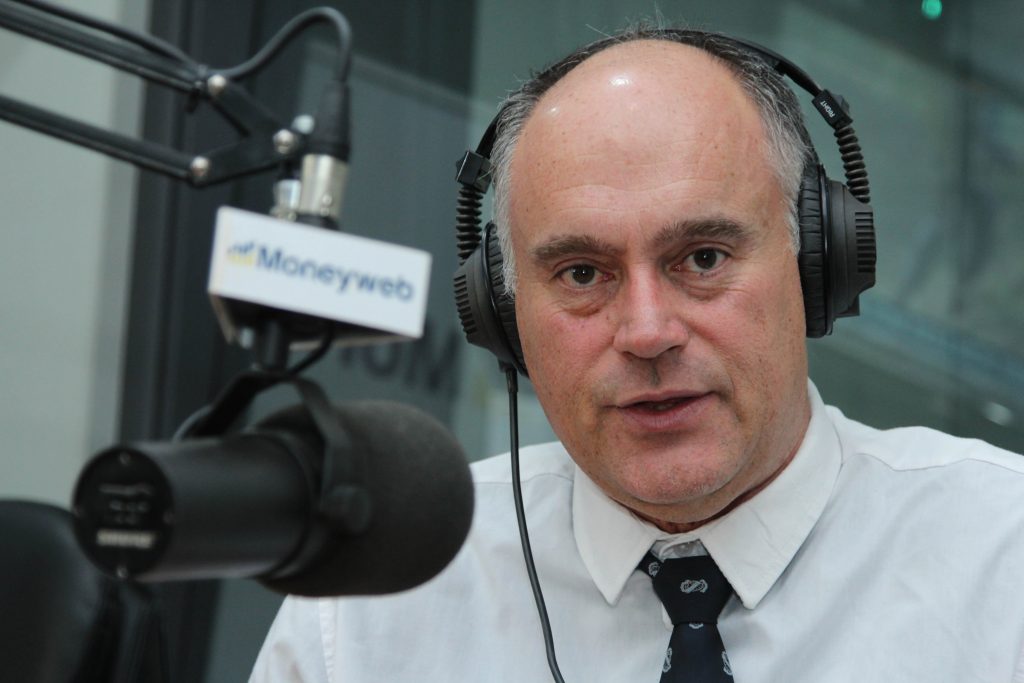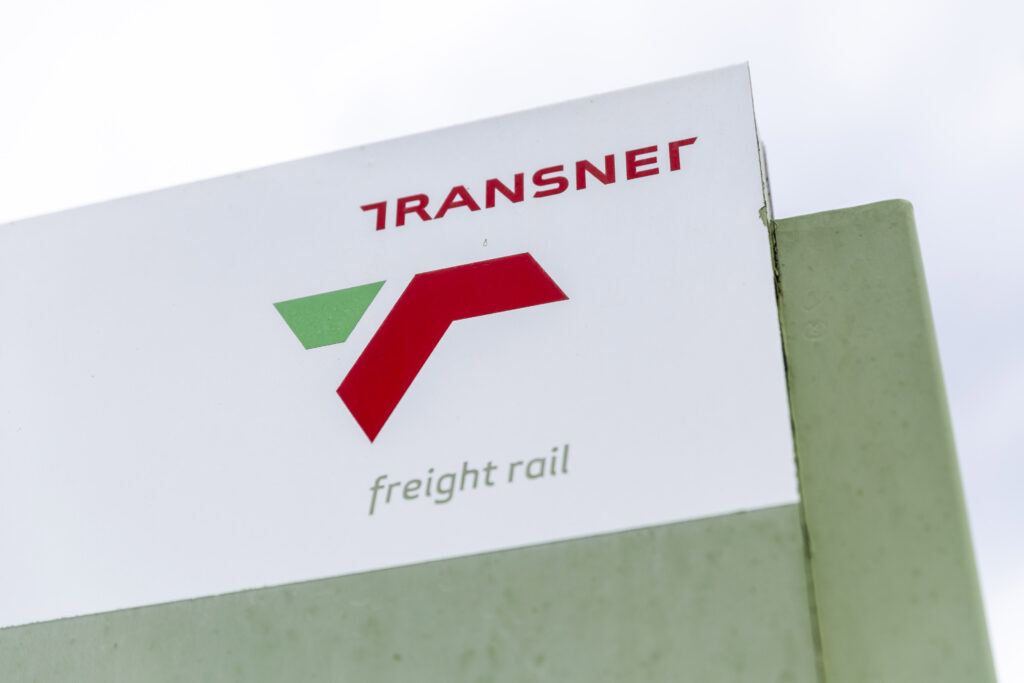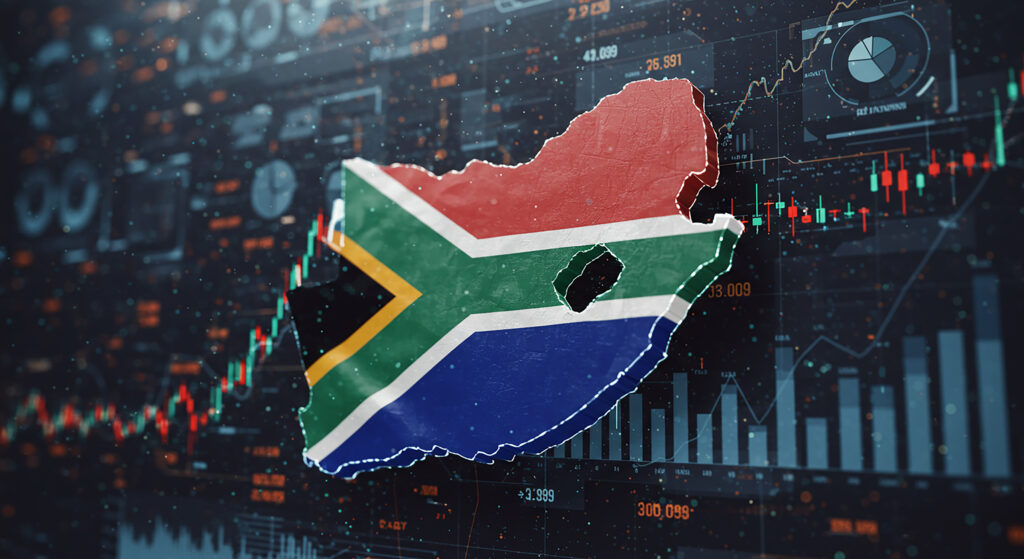Ford Motor, Glencore Plc and ArcelorMittal SA this week announced plans to cut thousands of jobs in South Africa, dealing a further blow to an economy contending with mass unemployment and lackluster growth.
Industry in Africa’s most-developed economy faces constraints, including a costly and unreliable electricity supply as well as increased competition from Asian manufacturers. The imposition of 30% tariffs on some South African exports to the US has exacerbated the challenges. Opposition parties and labour unions accuse the government of failing to stem an industrial decline.
Read: Mercedes weighs partners for South Africa plant as US levies hit
“This is a crisis,” Matthew Parks, parliamentary co-coordinator for the Congress of South African Trade Unions, the country’s biggest labour group, said in an interview. “It’s incredibly scary.”
South Africa built its industrial base during apartheid, an era of institutionalised racial discrimination, by building Africa’s biggest power and rail networks, and by taking advantage of cheap Black labour. Industry accounted for 23.5% of output at the time of the first democratic elections in 1994, but the country’s competitiveness has steadily been eroded, and that figure now stands at 13%.
Labour costs have surged as unions have pushed for inflation-beating wages in a bid to narrow the world’s biggest inequality gap, while the government has simultaneously enacted rigid labor laws that made it more difficult for companies to hire and fire. The unemployment rate stands at 33%, close to a record high.
Read: Glencore mulls job cuts at South African ferrochrome venture
ADVERTISEMENT
CONTINUE READING BELOW
Electricity costs have risen 600% since 2006, while freight-rail services have slumped and ports have become some of the world’s most inefficient, limiting exports.
The tariffs the US has imposed on South Africa’s exports are the highest on goods from any sub-Saharan African nation, a reflection of President Donald Trump’s displeasure with Pretoria’s Black-empowerment laws and foreign policy. The US is South Africa’s second-biggest trade partner after China.
“Workers are paying the price for the government’s policy mistakes and Eskom’s tariff explosion,” said Rian Visser, a deputy general secretary at the Solidarity union, referring to state power utility Eskom.
Read: ArcelorMittal to cut 3 500 jobs in SA as growth slows
ArcelorMittal has begun closing steel operations that employ 3 500 people after nearly two years of negotiations with government failed to address its complaints about high input costs and competition from cheap imports and subsidised rivals.
Job losses
Ford intends firing 470 workers at plants near the capital, Pretoria, and the southern coastal city of Gqeberha. And Glencore announced plans to start talks with workers about job cuts at power-hungry ferrochrome plants that it closed in May.
ADVERTISEMENT:
CONTINUE READING BELOW
Those retrenchments follow Goodyear Tire & Rubber Co.’s firing of 900 workers after it closed a factory in Gqeberha in July, and Mercedes-Benz Group AG’s axing of 700 staff at a plant in the nearby city of East London in mid-2024.
“We are caught between these high levels of de-industrialisation and a terrible geopolitical chemistry,” and the government doesn’t have a well-thought-out industrial strategy that enables it to respond, said Irvin Jim, general secretary of the National Union of Metalworkers of South Africa, a union that represents most autoworkers.
Read: Ford may cut about 9% of jobs at two South African plants
Some 70 000 companies entered liquidation and 2.8 million jobs were lost since 2000, research conducted by Haroon Bhorat, director of the Development Policy Research Unit at the University of Cape Town, found. The data is an “underlying indicator of de-industrialisation,” he said.
The Department of Trade, Industry and Competition attributed the job losses to local market dynamics in some instances and global restructuring decisions in others.
“What we are witnessing is the destruction of the little industry South Africa has left, a collapse that will hollow out communities and deepen mass unemployment,” the Economic Freedom Fighters, the country’s fourth-biggest political party, said in a statement. “The government cannot continue to wash its hands while South Africa’s industrial backbone is dismantled.”
© 2025 Bloomberg
Follow Moneyweb’s in-depth finance and business news on WhatsApp here.

 15 hours ago
1
15 hours ago
1






















 English (US) ·
English (US) ·